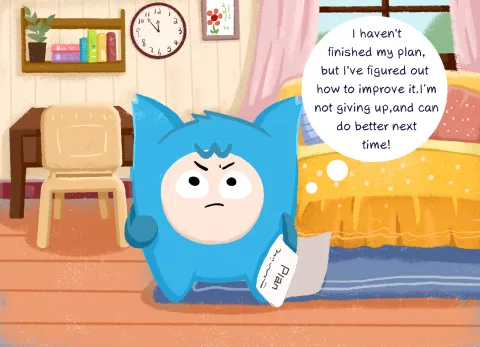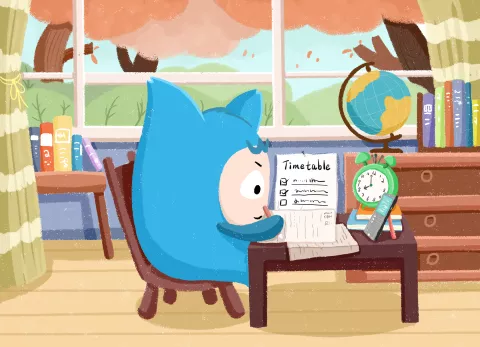Losing your patience with your child? Constantly having to remind them to do their homework?
Using humor and games to resolve conflicts with your child
- Available in:
- 中文
- English
Are you stressed out, working from home and taking care of your child around the clock? During the COVID-19 outbreak, you may have work emails and calls coming one after another, while you’re trying your best to help your child with his or her online learning, homework and play activities. This can be emotionally taxing, especially if your child is also having trouble adjusting. It can be easy to lose your patience with your child no matter how hard you’re trying.
We’ve developed some tips and tricks for using humor and games to resolve conflicts with your child. These times are challenging and keeping a sense of humor is both good for your own wellbeing as well as a good way to control your emotions and help guide your child’s behavior.
Quick to anger? Try role reversal
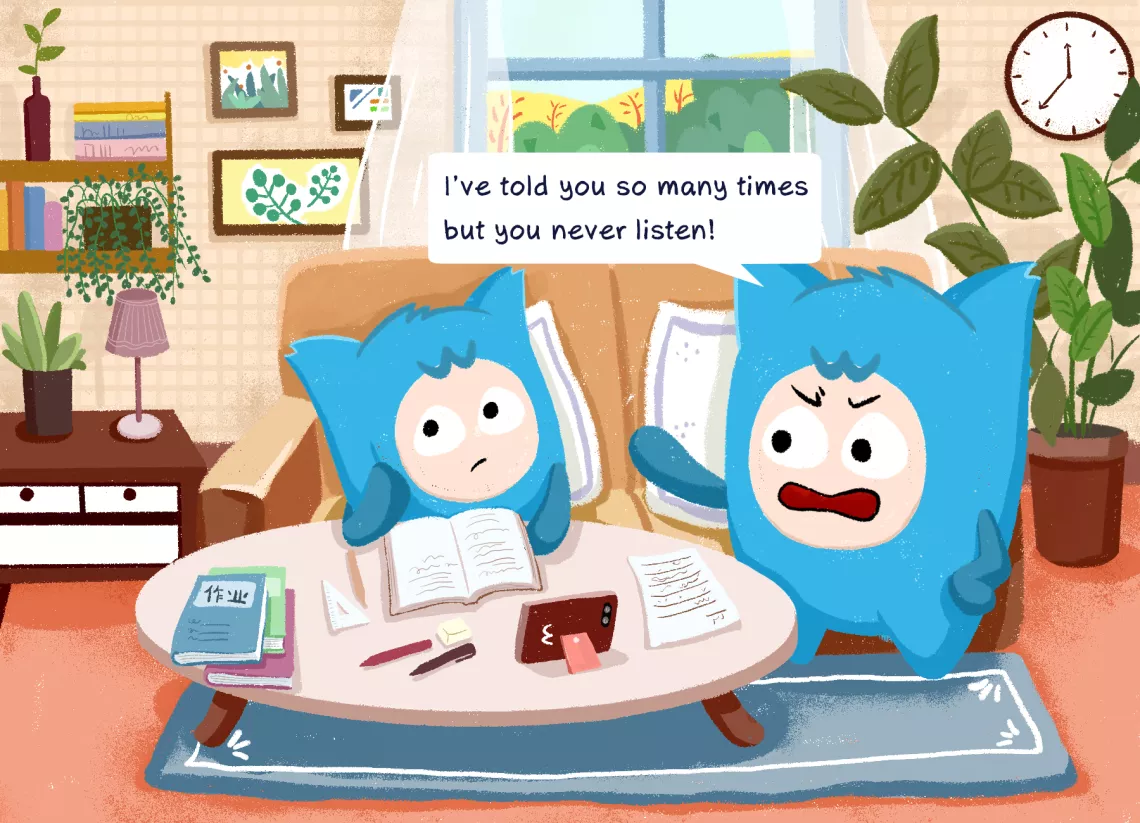
"Don't sit so close to the screen", "Stop procrastinating and finish your homework", and "Clean your room". These small things come up over and over again, but nothing really changes. It’s easy to get frustrated and raise your voice to your child, even though you know this won’t result in your child willingly following your directions and can hurt your relationship. But what else can you do?
Try role reversal! Switch roles so that your child pretends to be a parent and you pretend to be the child. You can imitate and exaggerate a little bit what the child has just done, and let your child determine how to guide you. It can help relieve tension and let your child take the lead to see what he or she wants to hear from you when a bit more help is needed with self-discipline.
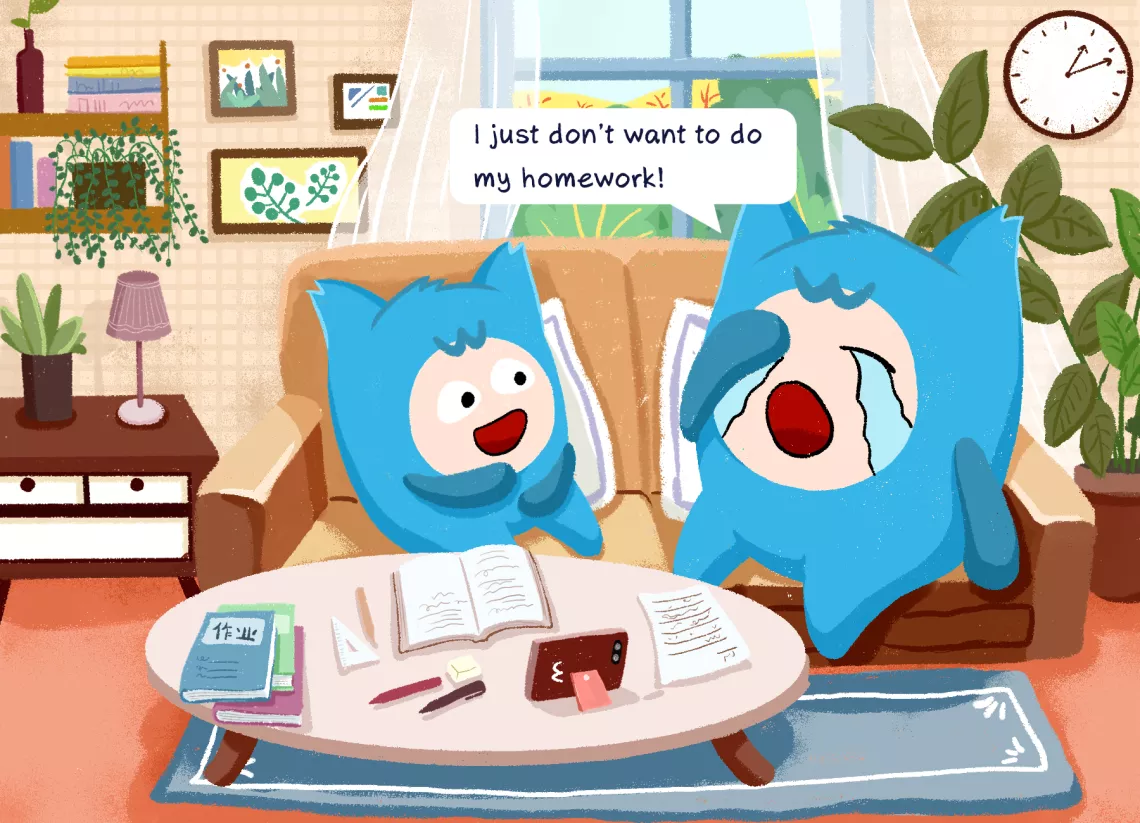
When doing role reversal, try to make it funny – get silly, exaggerate and make fun of yourself! This can help reduce the child’s sense of powerlessness or lack of control and help them believe they can make things right.
Keep repeating yourself? Try presenting facts instead of always telling your child what to and what not to do
If you keep saying “Hurry up! Don’t dawdle!”, your child will tune it out or even act out. Instead of simply repeating yourself, present them with evidence.
For example, observe how your child is doing his or her homework. Record how much time is spent on the homework and how much time is wasted on looking for stationery or wandering around. Try to use actual examples, for example, “You’ve only written nine words in one minute”, is more convincing than “You’re too slow”.
If possible, you can also take a video on your smartphone for a few minutes. Then play a game with your child and count together how much time is spent in absent-mindedness, that could have been used on one of his or her favorite activities.
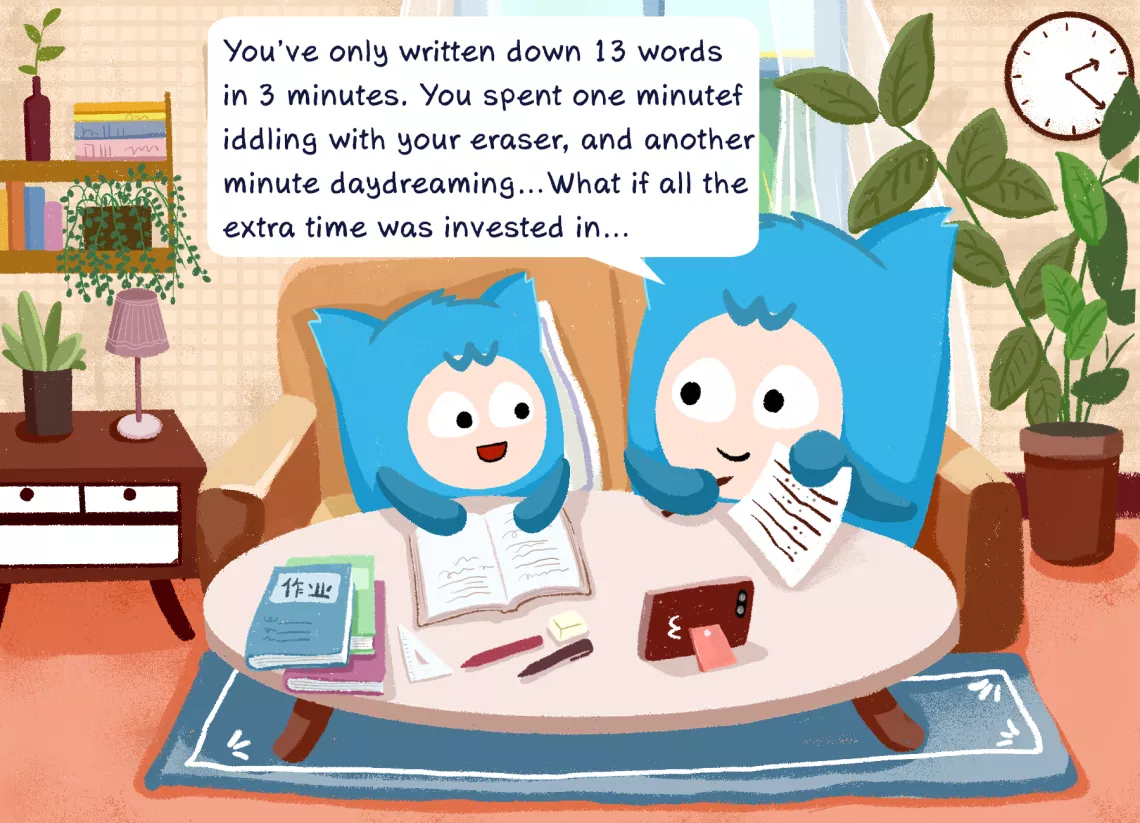
You’ve only written down 13 words in 3 minutes. You spent one minute fiddling with your eraser, and another minute daydreaming…What if all the extra time was invested in…)
Similarly, you can team up with your child to become daily activity detectives to discover how much time is wasted inadvertently. Help your child to understand that time is a crucial resource. You can never get back wasted time, but you can use saved up time on some of your favorite activities.
You can also play the “freeze” game while your child is reading on a screen. When he or she “freezes”, measure the distance from your child’s eyes to the screen, and then you can together check what is an ideal distance for reading. Let the child think about how to keep a healthy distance without being reminded. Another example is taking “before and after” pictures of your child’s room, or asking your child to write down what is good or bad about cleaning and not cleaning the room.
While gathering ‘evidence’, adults should also remember to involve children in planning and decision-making, rather than simply instructing the child without providing an understanding of why.
‘Role reversal’ and ‘presenting facts’ are two ideas – how do you like these recommendations? Do you have other constructive ideas?



